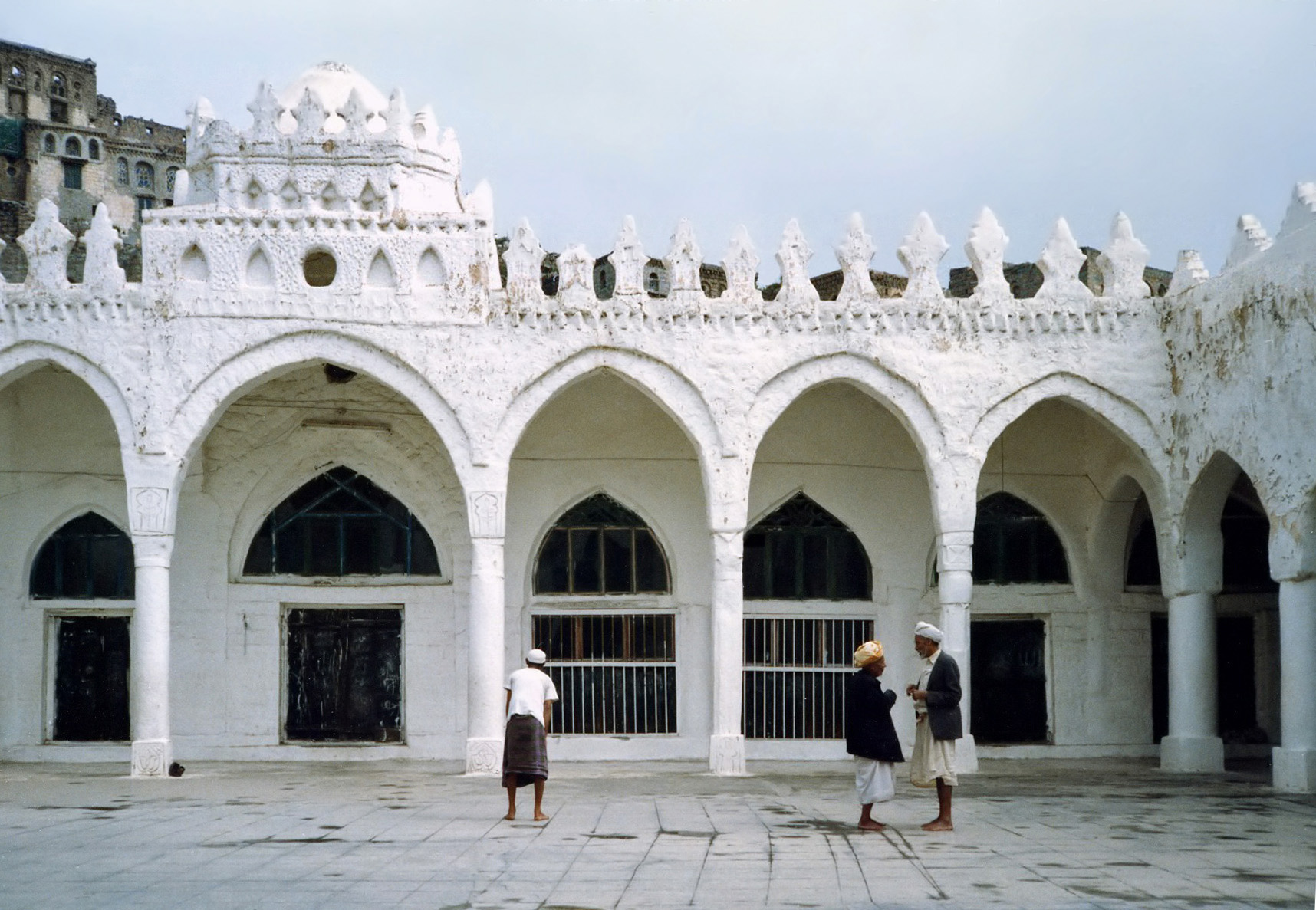Written by J. Comins
Translation: María Blanco Palencia

Innocence of Muslims may be the latest and greatest offering of the “renowned” US independent or B movie industry. With a visibly scarce budget and a limited staff of interpreters, its scriptwriter, producer and director –who goes by the name of Sam Bacile, according to The Wall Street Journal– has been able to show the public his personal idea of Islam as a “destructive, odious, hypocrite, and carcinogenic” religion. Although his major achievement may have been evidencing, less than two months before the presidential elections in his country, that, despite all conciliatory and apparently well-intentioned discourses (as the one done by Obama at Cairo University in 2009), anti-Americanism continues strongly rooted in a relevant portion of the Arab and Islamic world. The Yemeni street is not the exception that proves the rule.
The controversial images which deride Mohammad’s life have caused a profound unease and indignation in Yemen, to the extent that the week which is about to finish[2] [1] has been renamed by houthies as the “Week of Scream”: a campaign of protests carried out in different cities –including the capital– under slogans of “Death to Israel! Death to America! Victory of Islam!” According to local newspaper The Yemen Times, a houthi follower died during a quarrel when he put up protest posters on the streets of Sana’. The same slogans were repeated in Taiz, although this time they were adorned with demands claiming the rupture of diplomatic relations with the US and expelling its Ambassador.
The anti-US feeling, widely spread among Yemenis, is not a new issue, nor an isolated one. In general terms, an evaluation of the last decades of US and its allies foreign policy towards the Middle East has been negative for the interests of Yemeni society. A first example could be 1990 war, in which the Gulf countries took reprisals against Saleh’s regime for its lack of support towards the international coalition to expel Iraqi troops from Kuwait. The expulsion of almost one million Yemeni workers was a harsh blow for the country’s weak economy which is supported by expatriates’ remittances. As stated by writer and activist Ibrahim Mothana, resentment has only accentuated since 2009, motivated by numerous civil casualties that bombing with drones or unmanned aerial vehicle are causing in calls of actions to the “war on terror”.
The assault to the US Embassy last 13 September has led to the disembarkation of new unities of the Marine Corps in Yemeni territory. The Pentagon and the Department of State consider that this action is necessary to reinforce the security of installations and diplomatic personnel. For the Yemeni Parliament, however, the presence of foreign troops cannot be justified under any pretext. The body of representatives also remember the Executive its duty to protect foreign missions and fulfil international legal norms[3]. On its hand, the General People’s Congress –party with majority in the National Unity Government and to which former President Saleh belongs– defends itself by accusing Interior Minister, opposition member Abdelqader Qahtan, of not having taken sufficient measures to protect US legislation.
Recent events therefore constitute the last straw in a paradoxical and complex relationship. Manifestations of protest and unrest at the US diplomatic representation have created a new breach inside the Government of National Unity between the main political actors: the General People’s Congress and the Joint Meeting Party, coalition that brings together several opposition parties. Above all, however, the anger generated by a video tape that the totality of the Muslim community considers offensive comes in a very delicate moment in the political history of Yemen, fostering a resentment forged with time and translating into a Sword of Damocles for the Executive. It is trapped between the need of US aid and its incapability to face on its own the challenges which put in check the country’s security and, by extension, regional stability.
[1]“Precedence of the believers over one another and the superiority of the people of Yemen in this respect” (hadith collected by Muslim).
[2] In Yemen, as in other countries of Muslim majority, the week starts on Saturday and finishes on Friday.
[3] “The receiving State is under a special duty to take all appropriate steps to protect the premises of the mission against any intrusion or damage and to prevent any disturbance of the peace of the mission or impairment of its dignity” (Art. 22.2 of the Vienna Convention on Diplomatic Relations of 1961).